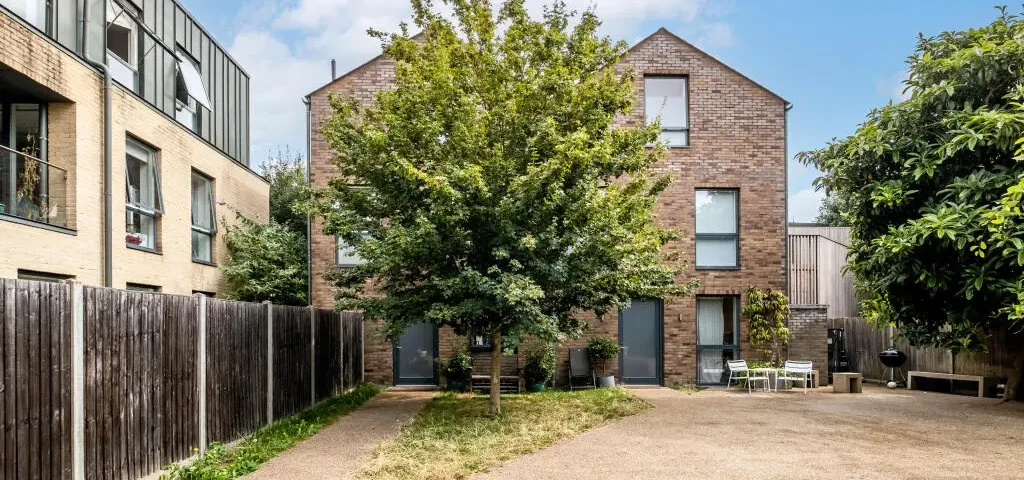1. Establish Your Moving Costs
It’s important to estimate the costs of moving before you start looking for a home. These costs, which include broker fees, removal costs, lending fees, and legal fees, can mount up quickly. You should collaborate with professional teams with knowledgeable advisors. They can help you comprehend the necessary financial obligations. It’s better to know your budget in advance to avoid unpleasant surprises later.
2. Find Out How Much You Can Borrow
Finding out how much you can borrow for your mortgage is the next step after you have an idea of your costs. For a free initial consultation, professional law advisors can assist you in determining your borrowing potential. They may assist you in obtaining a Decision in Principle (DIP), which verifies the amount a lender is likely to offer, after assessing your financial status. Knowing your budgetary limitations gives you the confidence to look for properties while you have this DIP.
3. Start Searching for a Property
It’s time to start your property search now that you are aware of your budget. You can sign up for information on new properties that fit your criteria by registering with estate agents and property portals. Asking estate agents about new and developing neighborhoods is a good idea, as is taking a look at commuting towns, which are frequently less expensive than city centers.
4. Arrange a Viewing
When you come across a house that piques your attention, it’s time to arrange a viewing. You have the option of both virtual and in-person viewings to see whether the property is a good fit for you. To get the most out of your house viewing experience, connect with a professional team. They will give best advice and tips for arranging a viewing.
5. Make an Offer
It’s time to submit an offer after locating the ideal house. You can show the seller that you are financially prepared to move forward by presenting them with a DIP. Price negotiations are typical between buyers and sellers, so don’t be alarmed if your initial offer is turned down. Continue haggling for the greatest price while exercising patience.
6. Sale Agreed and Appoint a Solicitor
The estate agent will provide the information to the attorneys for both parties as soon as a sale is agreed upon. A Memorandum of Sale verifying the sale is agreed upon subject to contract will be given to you. At this point, hiring a solicitor to manage the legal aspect—known as conveyancing—is imperative. Your Move can put you in touch with attorneys who provide a fixed-fee, no-sale, no-fee service to keep things simple.
7. Complete Your Mortgage Application
With the assistance of your advisor, complete your mortgage application now that your offer has been accepted. Reviewing your alternatives for protection in the event of illness or death is important since an unforeseen event could put your family in financial trouble.
8. Mortgage Valuation and House Survey
Your mortgage lender will schedule a property appraisal to make sure the home is worth the loan amount. Additionally, you ought to schedule a house survey with a business like e.surv in order to evaluate the state of the property. Any concealed problems may be discovered via a survey, perhaps sparing you from future expensive repairs.
9. Begin the Conveyancing Process
Your solicitor will now start the legal process by confirming the details of the property and conducting necessary searches. These include checks with the Land Registry and local authorities to investigate planning history and potential future developments.
10. Sign the Contract and Exchange Contracts
Once your solicitor has reviewed all the details and confirmed everything is in order, it’s time to sign the contract. Your solicitor and the seller’s solicitor will agree on a date for the exchange of contracts and for completion (the day you officially get the keys). On the day of exchange, your deposit will be transferred to the seller’s solicitor, and you are now legally bound to the purchase.
11. Prepare for Completion
With the exchange completed, it’s time to organise your move. Contact your removal company to confirm the moving date, and don’t forget to inform your utility providers and other important contacts of your change of address. You can also arrange for mail redirection with Royal Mail if needed.
12. Completion Day
Finally, on completion day, your solicitor will transfer the remaining balance to the seller’s solicitor. Once the funds have been received, the keys will be released, and the property is officially yours. Congratulations!
For further advice please get in touch with our team today by calling 020 8538 0182 or +44 7857 809932, or you can email us on [email protected].
Please note these blogs are to enhance your knowledge and are not tailored advice, for specific advice please get in touch with our outstanding team.



